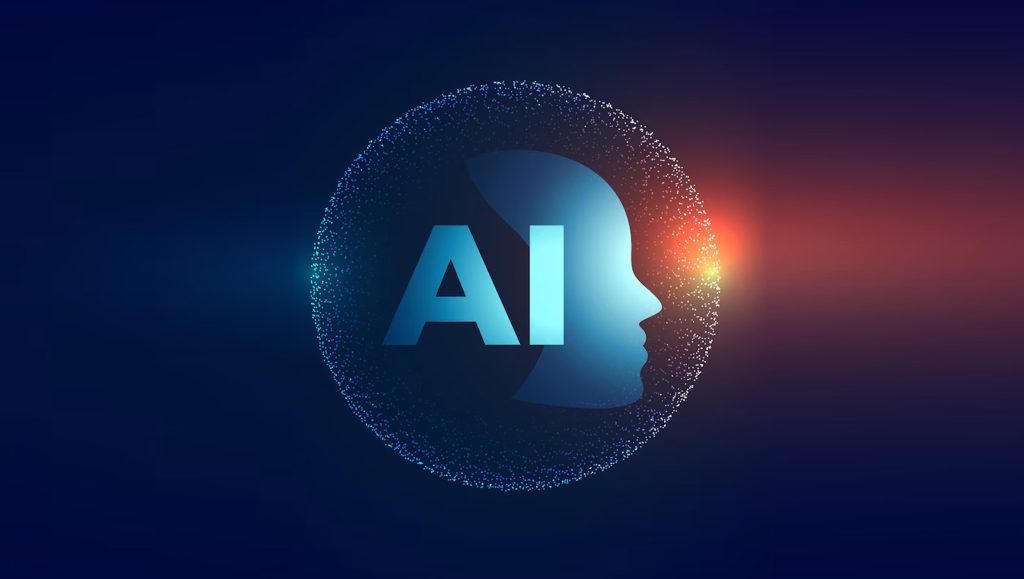Denodo, the leader in data virtualization, announced that Gartner, Inc. has positioned the Company as a “Leader” in its 2020 Magic Quadrant for Data Integration Tools. According to Gartner, Leaders execute well against their current vision and are well-positioned for tomorrow. The report stated, “The data integration tools market is seeing renewed momentum driven by urgent requirements for hybrid/multi-cloud data management, augmented data integration and data fabric designs.”
Read More: Expanded EMEA Team Achieves Significant Sales Growth, Drives Continued Cloud Adoption
News: @denodo is named a Leader in the August 2020 @Gartner_inc #MagicQuadrant for #DataIntegration Tools. Read the report https://bit.ly/3l3zi8g #DataVirtualization
The complete and complementary Magic Quadrant report, published on August 18, 2020 and authored by Ehtisham Zaidi et al., is available at https://www.denodo.com/en/2020-gartner-magic-quadrant-data-integration-tools.
Referencing a recent Gartner survey, the report stated that in 2020, “traditional data integration has shifted from being solely focused on bulk/batch dominance for delivery in the market.” Additionally, “the telling metric for this year is that more than 50% of the surveyed organizations stated that they need their data integration tool to support ‘seamless combination of and switching between these different data delivery styles.’”
Read More: SalesTechStar Interview With Nishant Mungali, Co-Founder And Chief Product Officer At MindTickle
Denodo’s customers have primarily used the data virtualization style of integration to rapidly deliver the integrated data to their business users without having to replicate the data, which slows down data delivery. Innovative capabilities introduced in latest release of the Denodo Platform – version 8.0 – such as hybrid/multicloud integration, data science automation using AI/ML, API/microservices enhancements, and hyper performance elevate the use of the data virtualization platform for advanced logical data fabric architectures.





















